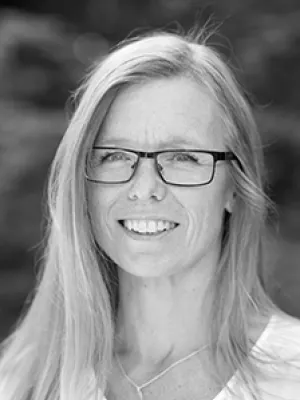
Maria Hedlund
Associate Professor | Senior Lecturer

Why does inclusion of political representatives in advisory expert committees hamper democracy?
Author
Summary, in English
Expert committees of different kinds giving advice to political decision makers are sometimes criticized for not being democratic. Points of criticism include the appointment of expert committee members rarely being a transparent process, expert members not being accountable to the electorate, and that the members of expert committees normally deliberating behind closed doors. One attempt to meet this criticism is to include political representatives in such expert committees. By inclusion of parliamentarians or other democratically elected representatives, it is argued, a democratic element is put into the committees and, thereby, making them more democratic. This is the case in e.g. the Swedish National Council on Medical Ethics. However, in contrast to the explicit purpose of making the committee more democratic, this measure could in fact imply a democratic obstacle. If we by democracy mean not only representative government, but also transparent processes and real possibilities of citizen influence, then an inclusion of political representatives in expert committees actually might lay a restraint on democracy. The main reason is, I argue, that party loyalty overrules transparency expectations and thereby closes the deliberation process from potential citizen influence. To demonstrate how this can come about, I use insights from my case study of the Swedish National Council of Medical Ethics and its role in the legislative process on medical gene technology in Sweden 1981–2006.
Department/s
- Department of Political Science
Publishing year
2011
Language
English
Document type
Conference paper
Topic
- Political Science
Conference name
Nordic Political Association Conference
Conference date
2011-08-09 - 2011-08-12
Conference place
Vasa, Finland
Status
Unpublished

